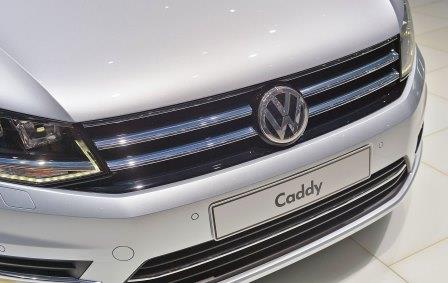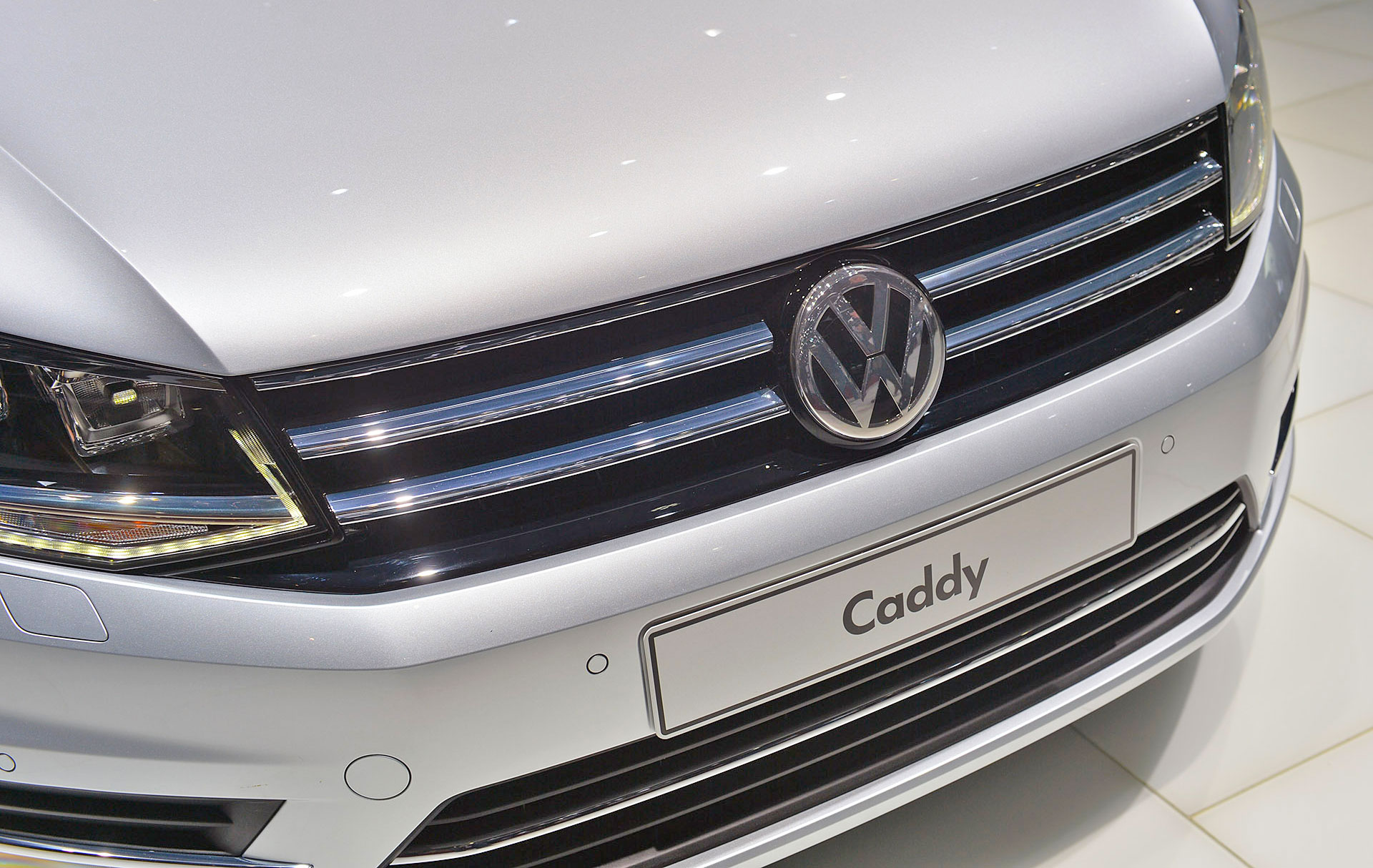Volkswagen ponders a luxury Uber rival with Porsche cars
Last week, the Volkswagen group dumped $300 million into Gett, a taxi hailing-cum-ride sharing app that’s big outside of the US. Now, the company has revealed that it’s pondering a rival to Uber Black by offering private drivers access to its higher-end vehicles. Details are scarce since it’s a single line reference in a very long press release, but VW says that it’s looking at a “special chauffeur service” that features “premium brands, such as Audi and Porsche.” What that looks like in reality is anyone’s guess, although the idea of getting ferried around in an Audi RS 7 does have some appeal.
The deal with Gett will concentrate on getting Volkswagen cars into the hands of Gett’s drivers with the promise of juicy discounts. For instance, the firm will offer a special package that’ll bundle car insurance and servicing with the purchase price, which can be paid by a would-be operator in installments. It’s a similar deal to the one that Uber offers would-be drivers, letting them buy cars from manufacturers like Volkswagen, Ford and Toyota at a discount. Uber, however, also lets prospective cabbies rent their vehicle on a monthly basis, thanks to a deal with Enterprise. Both of which will likely become more muscular now that Uber has a further $3.5 billion in its back pocket.
The troubling fact for the auto industry is that people will still need cars, but it’s likely that they won’t need as many as they do right now. On-demand services and self-driving vehicles are, after all, intended to shuttle around cities like an ersatz taxi-cum-metro system rather than sitting in parking lots. The concepts of ownership that we currently hold dear (and the profits that car companies get from them) are likely to fade away in the next, say, fifty years time. As such, conglomerates like VW will have to reinvent themselves as both manufacturer and transport company in one.
But these changes are never easy, especially when the biggest car firms have tons of baggage that slows down their progress. Many are still devoting time and resources to producing thousands of new cars with combustion engines that will be on the roads for years to come. Looming in the shadow, however, is the emissions scandal, with the financial and reputational penalties likely to be felt for years to come. Younger, more nimble rivals without legacy businesses, like Tesla, are working on mass-producing electric cars for mass-market prices. When that happens, the amount of time that the establishment has left may start to run out a lot faster than before.
(27)















